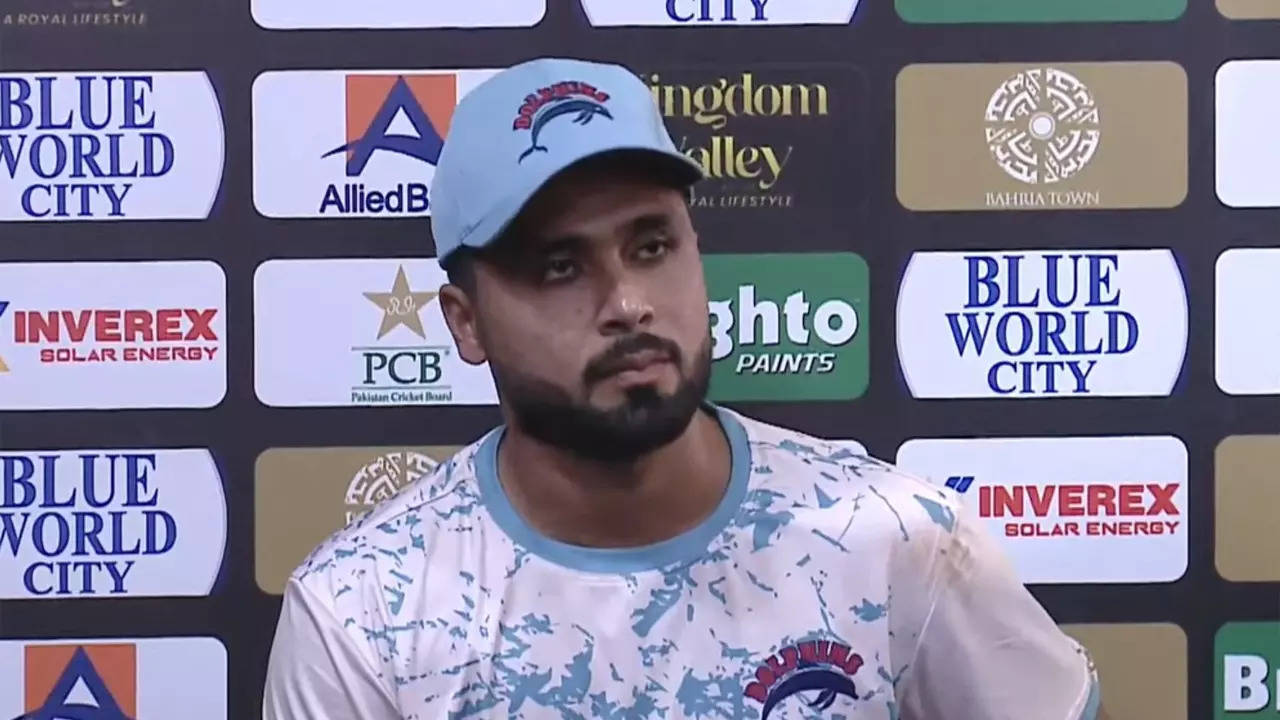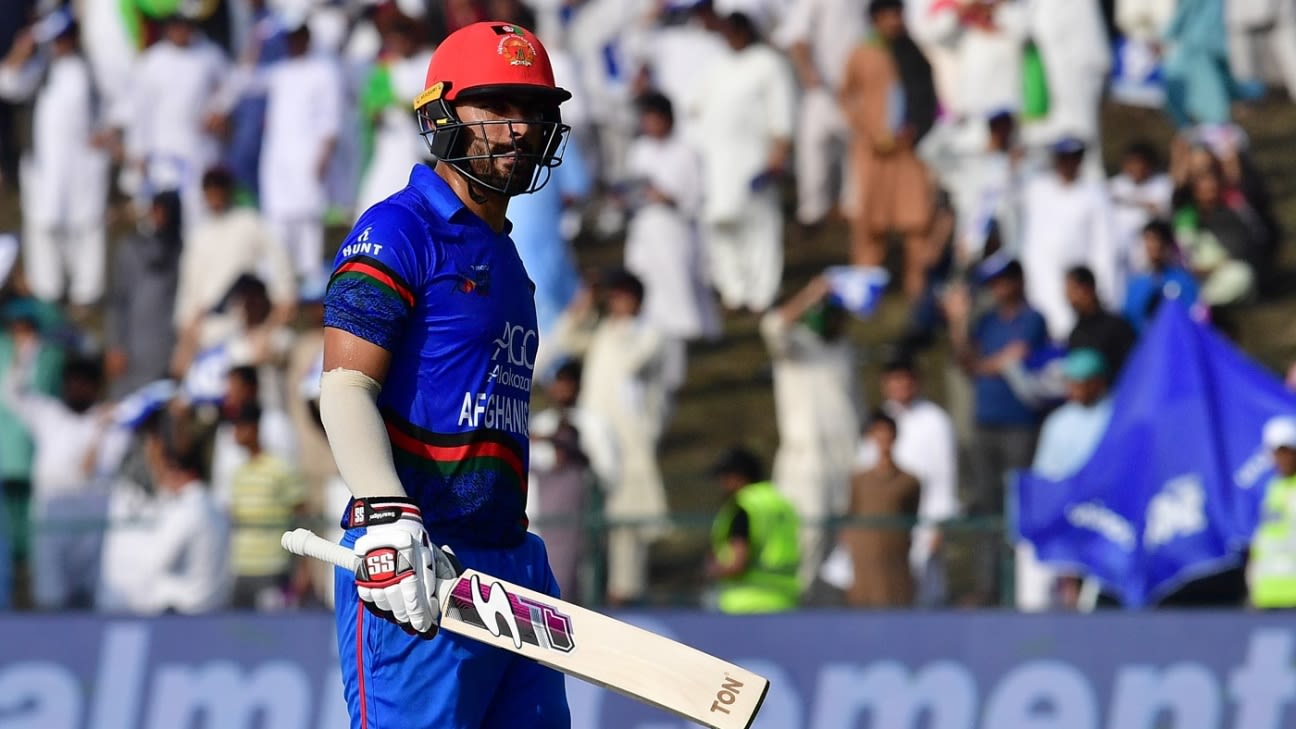Pakistan All-Rounder Exposes Umpiring Corruption in Domestic Cricket
Pakistan All-Rounder Faheem Ashraf Exposes Rampant Umpiring Corruption in Domestic Cricket
Pakistan all-rounder Faheem Ashraf has lifted the lid on the widespread corruption plaguing umpiring in domestic cricket, revealing that players often exchange phone numbers with umpires to secure favors.
Speaking on the sidelines of the Champions Cup, Ashraf painted a grim picture of the state of umpiring in Pakistan, claiming that the best umpires have left the domestic circuit for higher-level appointments.
“All the good umpires in Pakistan are gone from domestic cricket,” Ashraf said. “Umpiring in domestic cricket is also like this (poor), but because there is no TV coverage, no one has the idea.”
Ashraf’s comments come amid growing concerns over the poor standard of umpiring in the ongoing Champions Cup, which has been marred by several controversial decisions.
“Now (with the Champions Cup) everyone knows at what level umpiring is in Pakistan,” Ashraf said. “Good or bad, everyone knows now.”
The 30-year-old all-rounder went on to reveal that players and umpires often exchange favors in domestic cricket.
“In domestic cricket, players are friends with umpires, so they get saved or umpires take their (phone) numbers,” Ashraf said. “I am talking straight.”
Ashraf emphasized that such practices are not tolerated in the Champions Cup, where every decision is scrutinized under the watchful eye of television cameras.
“But there is no friendship here (in the Champions Cup) because everything is on the (TV) screen,” Ashraf said. “Everybody is watching.”
Ashraf’s revelations have sparked outrage among cricket fans and officials, who have called for immediate action to address the issue of corruption in domestic umpiring.
The Pakistan Cricket Board (PCB) has acknowledged the problem and has promised to take steps to improve the quality of umpiring in domestic cricket.





